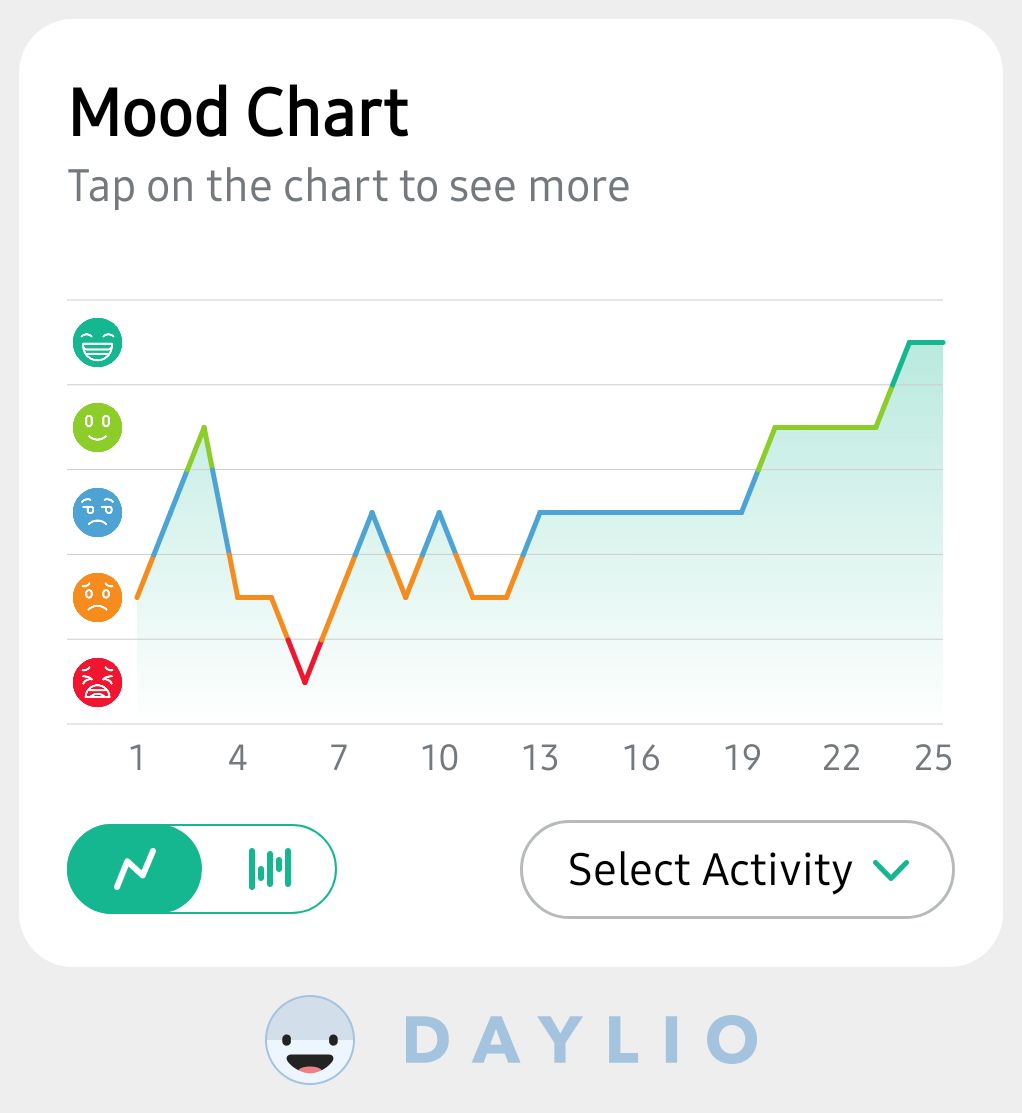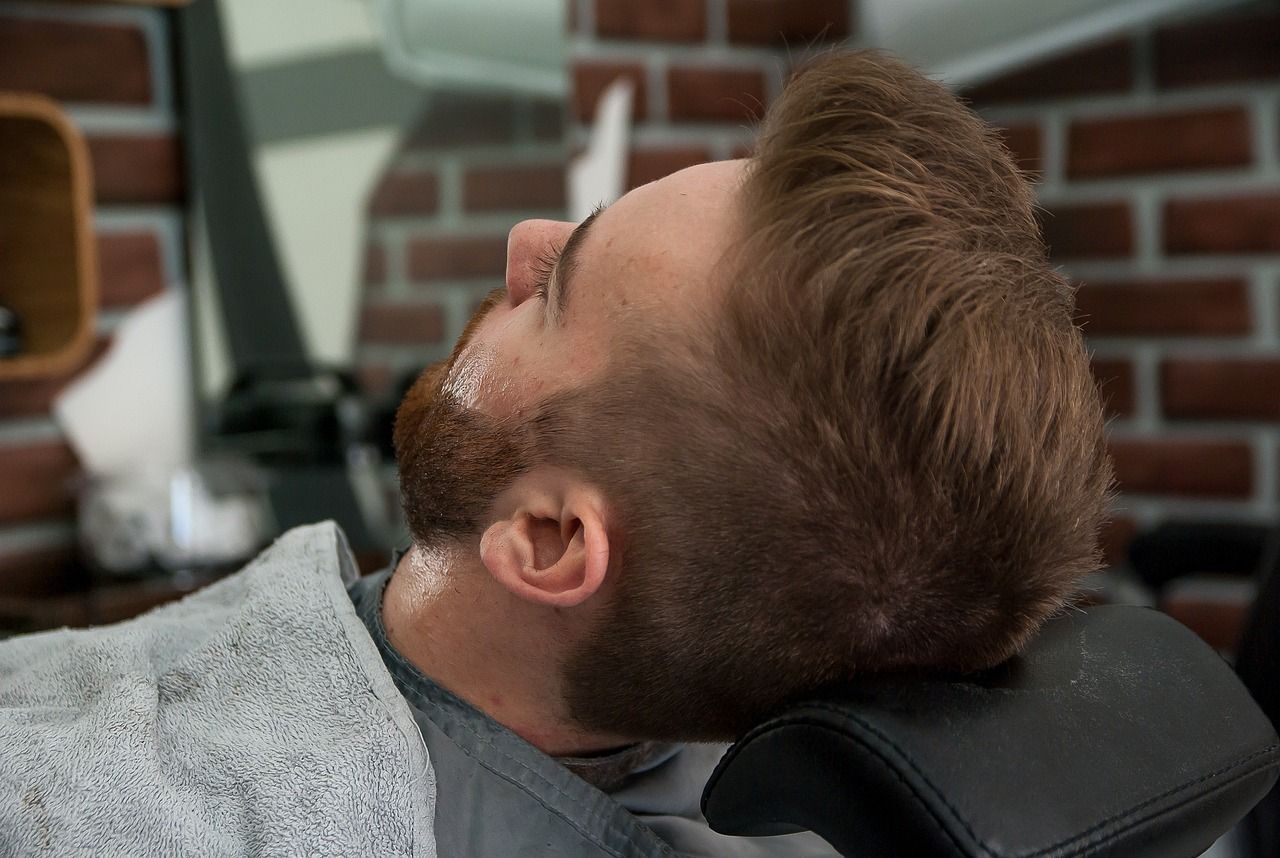- Rock Bottom Rising
- Posts
- 7 Simple Strategies to Fight Depression
7 Simple Strategies to Fight Depression
Rock Bottom Rising: Volume 2

What's inside?
Welcome to Rock Bottom Rising:
Your Journey Starts Here
Hi, I’m Chris—welcome to Rock Bottom Rising! After reaching the lowest point in my life and starting the journey of healing and recovery, I felt compelled to create this resource to support others navigating similar challenges. I’m thrilled to have you here! If you have any questions or suggestions on how we can make this content even more helpful, please don’t hesitate to share.
7 Simple Strategies to Fight Depression That Truly Work (Tested and Proven)
By Christopher Paul
Introduction
Here are some strategies I’ve learned and practiced as someone living with depression—simple steps that have genuinely made a difference for me. While this isn’t an exhaustive list, these lesser-known “hacks” can be powerful when used intentionally, consistently, and in combination. They’re not a cure, but they may help lift your mood or make you less vulnerable to falling into prolonged bouts of depression.
Let the Light In
When you're struggling mentally, being in a dark or dim space can make things feel even heavier. In my experience, this is especially crucial in the morning. Exposing yourself to natural light—particularly during sunrise—can do wonders for your body’s circadian rhythm and mental health. It helps you feel more rested, less groggy, and better equipped to face the day. Fatigue can give depression an opening to take over, so fight back with light.
Journal and Track Your Mood
When working toward any goal, tracking your progress is key—and managing depression is no different. I’ve tried countless methods, but one tool has stuck with me and made a real difference: an app called Daylio.

Each day, it prompts you to log your mood, journal your thoughts, and track your activities. Over time, it generates insightful reports and visual charts that show patterns in how your mood fluctuates. Seeing these trends can provide clarity, helping you better understand what impacts your mental health.
Give Yourself Permission to Laugh
Put on a funny movie, watch a stand-up comedy special, or scroll through some silly cat videos—just let yourself laugh. Sometimes, the best way to get out of your own head is to dive into something lighthearted and ridiculous.
Will it fix everything? No. But it can give you a small, much-needed break from whatever's weighing on your mind. And sometimes, that tiny reprieve is enough to help you keep going.
Mini Affirmations
Affirmations can take many forms, whether it’s motivational sticky notes on your bathroom mirror or something as simple as sweetener packets with uplifting messages printed on them.
I love seeing those small, positive reminders—they add a little boost of good vibes to your morning coffee and help start the day on a brighter note.
Take Care of Yourself
When you’re feeling awful, self-care, grooming, and basic hygiene are often the first things to slide—at least that’s been true for me. But I’ve noticed that when I let myself go, it’s even harder to climb out of that “down in the dumps” feeling. So, fake it till you make it.
Stick to your routine: eat, shower, shave, brush your teeth, exercise—whatever your version of “normal” looks like. It might not fix everything, but it’ll give you one less thing to feel bad about.
Find a supportive community
In a perfect world, we’d all have someone to lean on in any situation. In reality, that’s not always the case. Fortunately, help is often just a few clicks away.
I discovered Facebook Groups like Dads Helping Dads and Men’s Mental Health, that provide free-to-join active communities of real people offering practical advice, support, and camaraderie. On Reddit, subreddits such as r/MentalHealthSupport and r/MentalHealth serve as dedicated spaces to share, vent, seek help, and access resources.
Beyond these examples, countless other support groups and resources—both local and online—are waiting to be discovered. Finding the right fit might take some exploration, but the support you need is out there.
Help others
It’s easy to become so consumed by our own struggles that we forget someone, somewhere, is facing challenges far greater than ours. If you have the ability to help—whether in a small or significant way—embrace the opportunity. It could be as simple as holding the door open for a stranger, assisting an elderly person with their groceries, or giving a neighbor a ride to work when their car breaks down.
These are selfless gestures, but let’s be honest—there’s a selfish reward in the warm feeling that comes from someone’s genuine gratitude. Help others because it’s the right thing to do. It will momentarily lift your focus away from your own worries, and it feels undeniably good to make someone’s day just a little bit easier.
-CP
What's your story?
Share your experience by emailing [email protected].
Your story can inspire others and remind them they're not alone.
Resource Spotlight
In the article above, I discussed the importance of joining a community and supporting others. Bezzy Depression brings this concept to life.
This free app is designed to connect individuals living with depression, providing a supportive space to share experiences and find encouragement. It offers features like one-on-one messaging, forums, live chats, and access to personal stories and articles—all aimed at fostering connection, understanding, and a sense of belonging.
Check out links below to learn more or download on Apple App Store and Google Play.
Community Spotlight
The Realities of Therapy: A Journey of Self-Discovery, Not a Quick Fix
There’s no denying the value of therapy. Some of the most emotionally insightful people I know have spent years in therapy, and their introspection is truly inspiring. They may not be perfect—no one is—but their ability to understand and navigate their emotions, while recognizing their virtues and flaws, is something I deeply admire. It's this level of self-awareness and compassion that I strive to embody in my own life.
However, this year has taught me an important lesson: just because someone has gone to therapy doesn’t automatically make them emotionally intelligent. It’s not always as straightforward as it seems, and there are many nuances to consider.
One of the more sobering truths I’ve encountered is that there are simply bad therapists out there. Like anyone else, therapists are human and bring their own biases and life experiences into their work. There are some who won’t challenge you, which can lead to stagnation in your emotional growth. From both personal experience and conversations with friends, it’s become clear that therapy isn’t always the guaranteed path to emotional intelligence or self-improvement that many assume it is.
The truth is, therapy is most effective when approached as a tool for growth rather than just a place to vent. It requires confronting difficult emotions and addressing aspects of ourselves we may prefer to avoid. If you’re not willing to be honest with yourself or your therapist, progress is unlikely. Even after years of therapy, there’s nothing stopping someone from slipping back into old habits or thought patterns.
As a result, I’ve become more cautious of people who wield their therapy history like a badge of emotional maturity or moral superiority. I used to view it as an automatic sign of self-awareness, but I now believe that actions and behaviors speak louder than therapy attendance. I’m less interested in whether someone has been to therapy and more focused on how they show up in the world and how they’ve applied their growth.
That said, I’m still encouraged by the growing conversation around mental health. More people are acknowledging the importance of mental well-being, and it’s heartening to see this issue become a more prominent part of public discourse. Ultimately, therapy remains a valuable tool for self-discovery—but it’s only as effective as the effort we put into it.
-JA
Weekly Inspiration
Feeling lost in a fog of despair? A recent powerful conversation between Jordan Peterson and Lex Fridman offers valuable insights into navigating the challenging landscape of depression. This isn't just another generic self-help talk; it dives into the crucial distinction between different types of depression, offering a more nuanced understanding of this complex issue.
In this insightful clip, Peterson emphasizes the importance of identifying the root cause of your depression. Is it rooted in a biochemical imbalance, potentially requiring medical intervention? Or is it a response to difficult life circumstances demanding practical changes? This crucial distinction is the first step towards effective healing.
Start by doing what's necessary; then do what's possible; and suddenly you are doing the impossible.
Understanding Rock Bottom
Millions of people—across all ages, backgrounds, and corners of the world—have faced, are facing, or will face what it feels like to hit rock bottom at some point in their lives.
But what does "hitting rock bottom" really mean? For some, it’s labeled a midlife crisis; for others, it’s something entirely different. It could be the crushing weight of depression or other mental health challenges. It might be the financial strain of losing everything. It might look like the collapse of a relationship once thought unbreakable or the grip of an addiction that seems impossible to shake. It could stem from the profound grief of an unexpected loss. Often, it’s not just one of these challenges but a tangled mix of them.
Our Mission at Rock Bottom Rising
To create a supportive community that provides hope, resources, and guidance for individuals recovering from life's lowest points, helping them rebuild and rediscover their strength through shared experiences and practical support.
Crisis Resources
USA
In an emergency, dial 911 from your phone immediately.
 988 offers 24/7 judgment-free support for mental health, substance use, and more. Text, call, or chat 988. |
International
Next Week
Here’s what’s coming in next week’s newsletter.
Crafting a Spectacular Life 2.0
Mental Break
It’s not your fault.
Last Word
Thank you so much for sticking with me—I genuinely appreciate your time. I hope something I shared resonated with you or offered value. If you have feedback, suggestions, a story to share, or want to contribute in any way, I’d love to hear from you! You can reach me anytime at [email protected].
Your support means everything. It helps us grow, improve, and reach more people who might need this message. If you know someone who could benefit from this content, please share this link with them: https://rockbottomrising.beehiiv.com/subscribe. Thank you for helping us make a difference!
Until next time, keep rising.
-CP





